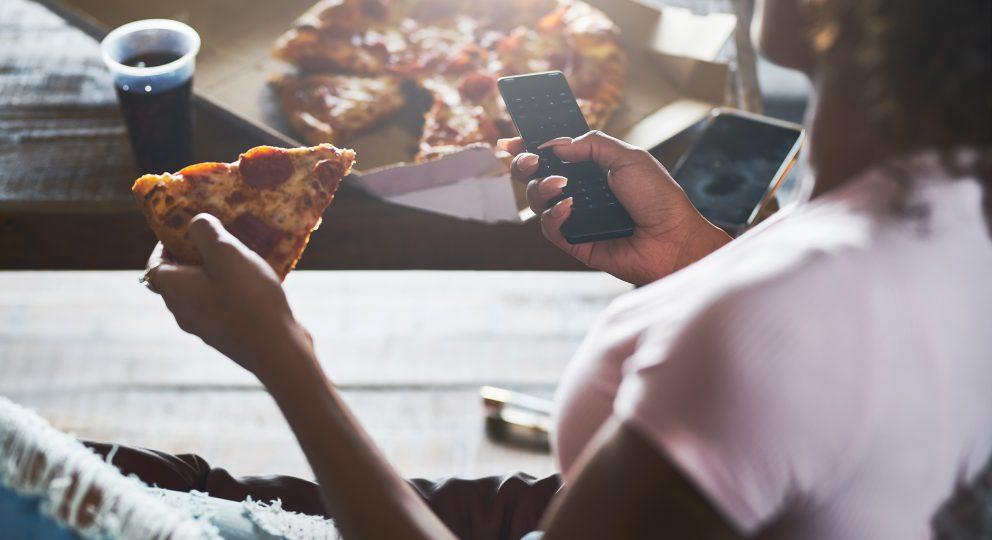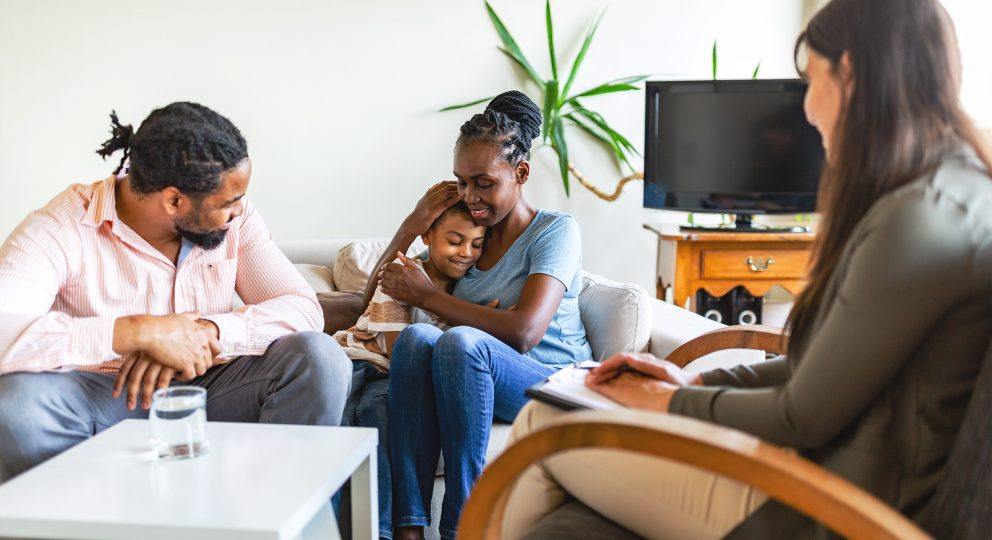After a traumatic experience, it is completely natural to want to forget everything that happened to you. Doing everything humanly possible to avoid pain is one of the most natural human instincts. Unless you are a first responder, if you saw a burning building right now your natural tendency would probably be to run away, not into, the building. After a traumatic experience, the emotional toll may be so heavy that people may avoid anything that might remind them of what happened. Some people’s efforts to block residual feelings of trauma may look like adapting avoidance behavior to avoid feelings of pain, also called trauma blocking.
What is Trauma blocking? Trauma blocking is an effort to block out and overwhelm residual painful feelings due to trauma. You may ask “What does trauma blocking behavior look like?
· Trauma blocking is excessive use of social media and compulsive mindless scrolling.
· Binge drinking every weekend because you are off from work.
· Excessive and mindless eating even when you are not hungry
· Compulsive exercising to reach a goal you are never satisfied with.
· Being uncomfortable being alone resulting in staying in toxic relationships long after their expiration date.
· The feeling of being uncomfortable if you have nothing to do and the need to always have projects to do.
· Compulsive online shopping for things you do not need and going into debt.
· Becoming a workaholic and having poor boundaries at work including being available 24/7
One example of this is a client I worked with named Shanta*. Shanta grew up in a household with a parent who struggled with substance abuse. She lived in multiple homes and changed schools often as a child due to her parent’s instability. She was also sexually molested by a friend of the family and never told her parents out of the fear that they would retaliate against the abuser. Shanta was Black and did not want to involve the police and was fearful her family would also try to harm the person who molested her.
What did Shanta do to cope with and dull the pain of her trauma? She turned to what was most available to her—food. Food became her comfort. Food was always there and was one of the few things in her life she had control over. Her parents allowed her to go to the store for them, and she always got extra money to buy some junk food for herself. Those trips to the store as a child evolved into compulsive eating, resulting in Shanta becoming overweight. This had an added dividend, she felt being overweight made her less visible and desirable to men.
Shanta, like many survivors, blocked her pain. Survivors often block their pain with things that are the most accessible to them. Besides food, alcohol can be a trauma blocking tool. One of the leading factors for relapse of people struggling with alcohol addiction is that as they get sober, the memories they have been using alcohol to avoid come racing back. Alcoholism becomes a solution to the trauma and over time, more alcohol is needed to dull the pain.
Trauma blocking behaviors induce calming, relaxing, and numbing that create reactions in the brain that serve as a pain reliever. For the trauma survivor, this means numbing the pain to feel free from pain. The problem is the brain will adjust and the compulsive behavior will become necessary to continue in order to avoid feeling pain.
Trauma blocking behaviors may feel like they’re working at the moment because some of the efforts can be very rewarding. The painkillers like designer bags, exotic pre-COVID-19 vacations, and luxury vehicles people acquire from receiving bonuses for crushing work goals can be great. The outcome of being a high achiever at work to avoid coping with the pain of trauma can be very rewarding … momentarily. The gratification of that achievement is only momentary because it is a coping mechanism to avoid pain. This is why many people who use work to avoid the feelings beneath the trauma often find themselves perpetually unhappy in search of the next big project or promotion.
Despite everything one may do to block the trauma, the body and mind will continue to process what has happened even with all of the attempts to block the pain. In the absence of deliberate reflections, this may look like having flashbacks, nightmares, panic attacks, and intrusive thoughts, which is the body’s way of trying to work through and process the trauma that you are blocking.
All of this is not easy by any means. Survivors of trauma use blocking techniques to soothe long-standing pain. Awareness is the first step to addressing trauma blocking—examining the ways trauma blocking negatively impacts your life. Keeping a log to help notice what is happening before engaging in blocking activities is a helpful way to begin the path towards awareness and changed behavior. Once awareness is gained, people can create a plan involving healthier ways to self soothe.
Having a plan in advance is very important to help stop trauma blocking behaviors. One example may be, “I will listen to a guided meditation when I am tempted to respond to a non-emergency work email.” Also reflecting upon the price you may pay by continuing avoiding dealing with pain through trauma blocking long-term. Consider courageously and gently starting the path of confronting what has happened to you by finally confronting patterns of trauma blocking behavior. Because this work is not easy, consider working with a licensed therapist who uses a trauma-informed approach.
*For the purposes of maintaining confidentiality, names and identifying information have been changed. Their stories and experiences are real.










